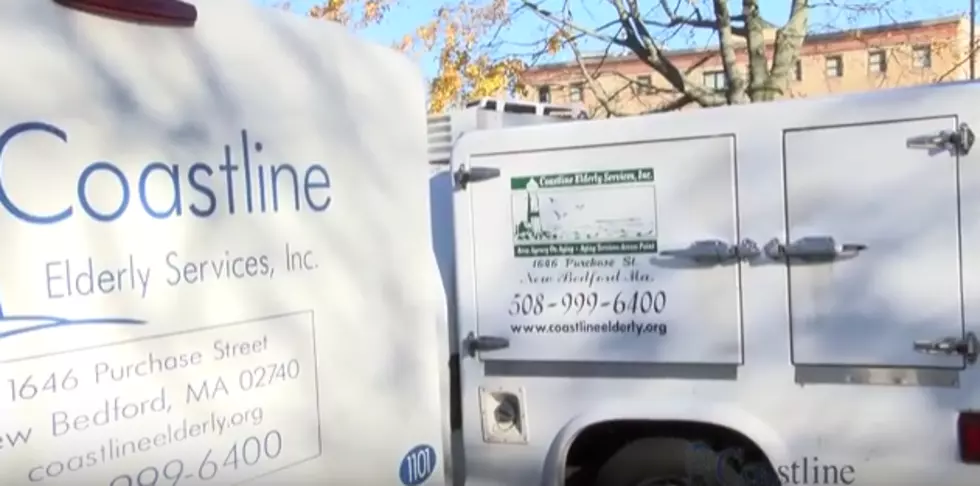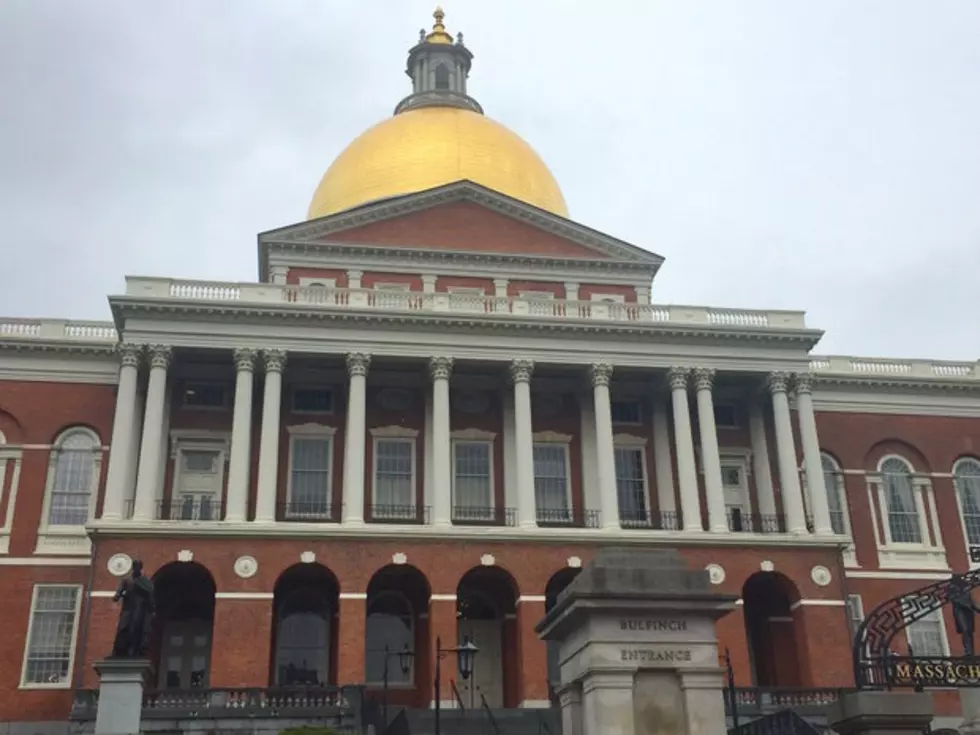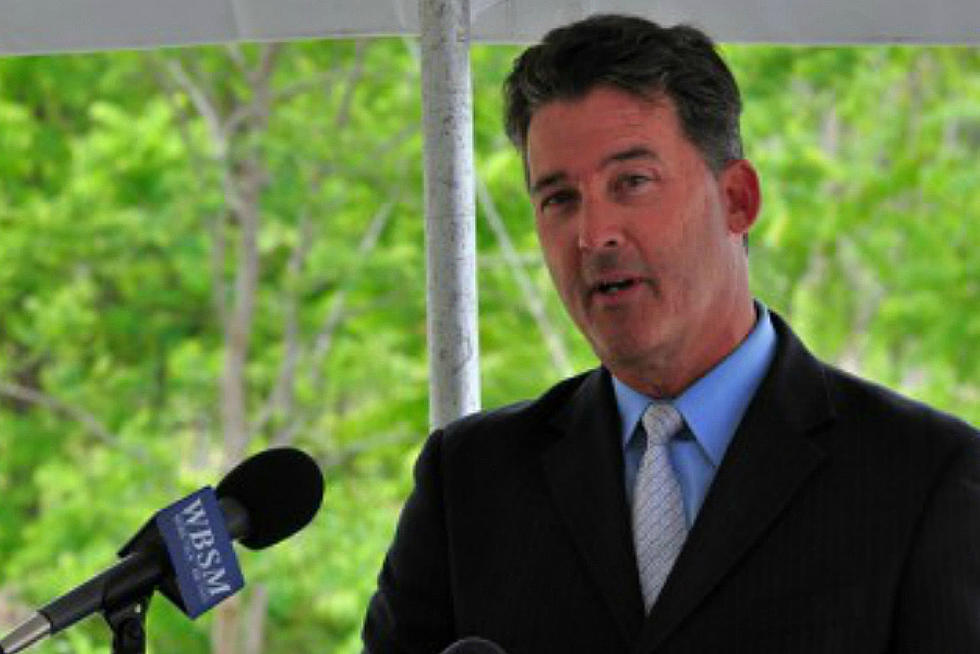
Local Meals on Wheels Program Reacts to Proposed Trump Budget Cuts
There is much debate about President Donald Trump's proposed budget and the elimination of the Community Development Block Grant, which funds housing assistance and social programs such as Meals on Wheels.
On a national scale, the federal budget only funds about three percent of the Meals on Wheels program in total.
However, Paula Shiner, CEO of Coastline Elderly Services, says her program is far more dependent on federal funding that that. Coastline provides Meals on Wheels for about 1,000 people every day, and Shiner tells WBSM News that about 95 percent of their funding comes from either the state or federal government. She calls President Trump's proposed budget her anticipated "worst case scenario."
"There's a lot of anxiety, a lot of fear, and all I can say at this point is that I hope Congress will take a close look at the budget as its currently proposed and do the right thing," Shiner said.
Shiner says unlike in other areas, the consumers can't subsidize the cost of the meals, and there aren't enough private donations to continue offering the same level of service.
Shiner said the program also has ancillary benefits, such as social interaction and the chance to make sure elderly residents are safe and haven't fallen or become ill.
"It is far more than just a meal," she said, although noting that for many of their consumers, it is their only hot meal of the day. "Our drivers know our consumers. They check to make sure they're doing well, they socialize with them. It may be the only visitor they have during the course of the day."
White House budget director Mick Mulvaney says the program sounds great, but isn't showing any results. Shiner begs to differ.
"We see such a significant improvement in the quality of life and the health of all of our consumers who are taking part in our nutrition program," she said. "It's keeping them healthy, keeping them home, keeping them out of the hospital and keeping them out of long-term care facilities."
More From WBSM-AM/AM 1420
![Coastline of New Bedford’s Meals on Wheels Program Earns Praise [TOWNSQUARE SUNDAY]](http://townsquare.media/site/518/files/2023/05/attachment-Coastline-Meals-on-Wheels.jpg?w=980&q=75)


![New Bedford’s Coastline Marks 50 Years of Meals on Wheels [TOWNSQUARE SUNDAY]](http://townsquare.media/site/518/files/2022/03/attachment-Coastline.jpeg?w=980&q=75)



![State Budget Wrongly Hikes Spending During COVID Crisis [OPINION]](http://townsquare.media/site/518/files/2019/07/DeLeo-Spilka-SHNS-Photo.jpg?w=980&q=75)
![Mitchell Should Veto the Budget [OPINION]](http://townsquare.media/site/518/files/2020/08/mitchell-via-zoom-state-of-the-city-2020.jpg?w=980&q=75)
